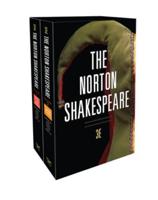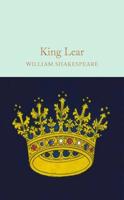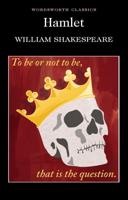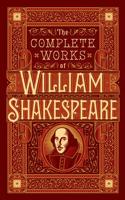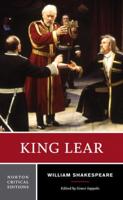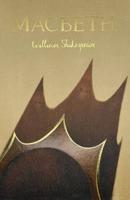Publisher's Synopsis
Excerpt from On Ten Plays of Shakespeare
When grimness or sulks at life get down to the centre of a man, they disease his judgment, weaken his intelligence, dim his sight, disenable his feeling; and, if he be an artist, enfeeble his grip of his subject, disperse his concentration, deprive him of that creative apartness from his materials which enables him to use them as he pleases for the making of a new thing. He loses, that is, the divine command of his genius, not only over the comedy of life, but also over its tragedy. Deeply as Shakespeare felt the woe, wickedness, and weakness of humanity, he was still their master. If he was in them, he was also beyond them, and in this twofold relation to them lay his artistic mastery of tragedy. It was the same with Sophocles, and it is this which makes him greater than Euripides. This power to stand outside as well as inside of human sorrow belonged to Shakespeare, because at the deepest root of him was, I repeat, delight in life; even rapture - the word is not too strong - with the playfulness of its spring and the fulness of its summer.
About the Publisher
Forgotten Books publishes hundreds of thousands of rare and classic books. Find more at www.forgottenbooks.com
This book is a reproduction of an important historical work. Forgotten Books uses state-of-the-art technology to digitally reconstruct the work, preserving the original format whilst repairing imperfections present in the aged copy. In rare cases, an imperfection in the original, such as a blemish or missing page, may be replicated in our edition. We do, however, repair the vast majority of imperfections successfully; any imperfections that remain are intentionally left to preserve the state of such historical works.



